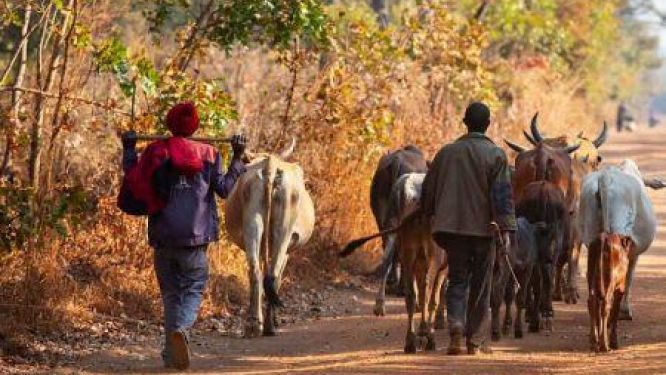
• Benin creates the Agency for the Development of Ruminant Farming (ADER) to boost local cattle, sheep, and goat sectors.
• National ruminant meat production meets only 49.3% of demand, forcing imports of nearly 58,000 tons annually.
• Structural challenges include traditional farming, low-quality breeding stock, inadequate feeding, and underinvestment.
Benin is turning to a new public agency to strengthen local ruminant farming, aiming to reduce the country’s heavy reliance on imported animal protein as national production currently covers less than half of domestic demand.
On July 2, the Council of Ministers approved the creation of the Agency for the Development of Ruminant Farming (ADER), a dedicated institution under the Ministry of Agriculture tasked with coordinating efforts to stimulate growth in the cattle, sheep, and goat sectors.
This new agency will work to modernize the subsector by optimizing resource use and enhancing synergy among local farmers, development projects, and government programs. Authorities hope this will inject fresh momentum into the country’s ruminant meat production, which remains insufficient despite recent progress.
According to official data, national ruminant meat production only meets 49.3% of Benin’s needs, forcing the country to import nearly 58,000 tons annually to fill the gap.
“The observed deficit results from several causes, including the persistence of traditional farming practices, dominance of low-performance breeding stock, inadequate feeding, but also, and above all, an increased need for investment,” the Council of Ministers stated.
Between 2019 and 2023, average ruminant meat production reached 55,658 tons per year, according to figures from the Directorate of Agricultural Statistics (DSA), far below the country’s growing consumption needs.
Beyond the establishment of ADER, officials recognize the urgent need to modernize and expand meat production infrastructure if Benin is to sustainably improve national animal protein coverage and make ruminant farming a driver of rural development.
However, as of now, the government has not unveiled a detailed action plan or financing strategy for ADER, leaving open questions about how the agency will achieve its ambitious objectives.
This article was initially published in French by Stéphanas Assocle
Edited in English by Ange Jason Quenum











Comments